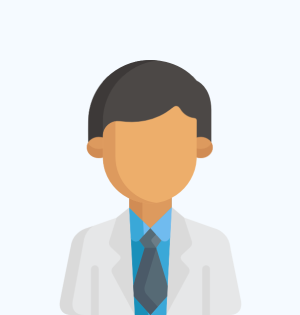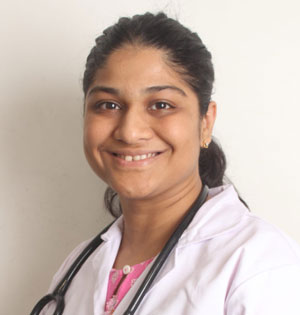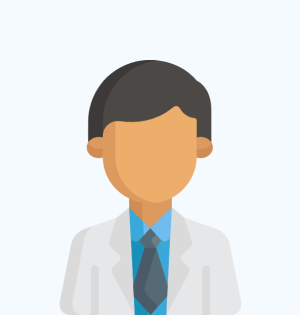Paediatric Neurology in Thane
Nurturing Healthy Brains in Children: Pediatric Neurology at Jupiter Hospital
At Jupiter Hospital, a comprehensive Paediatric Neurology hospital in Thane, our dedicated team excels in the diagnosis and assessment of a diverse range of neurological disorders in children, offering specially curated treatments encompassing both medical and surgical interventions. Trust Jupiter Hospital for optimised Paediatric Neurology treatment in Thane.
Delving into Various Paediatric Neurology Conditions
Paediatric neurology involves the comprehensive treatment of conditions related to the nervous system in children. These concerns may originate in the brain, spine, nerves, or muscles, resulting in conditions such as seizures, headaches, or developmental delays.
Paediatric Neurological conditions require specialised attention and care; we offer treatment for the following conditions:
- Epilepsy Recurring seizures are a symptom of epilepsy, a neurological condition characterised by transient disruptions in the brain's electrical activity. These seizures induce sudden shifts in behaviour, contrasting with the predictable pattern of steady, minute electrical impulses produced during normal brain function.
- Cerebral Palsy Cerebral palsy refers to a group of disorders impacting movement, muscle tone, and posture. This condition manifests through accelerated reflexes, limb and trunk floppiness or spasticity, peculiar standing positions, uncontrollable movements, and unsteady walking or a combination of the conditions mentioned here.
- Developmental Delay Children experiencing developmental delays demonstrate a lag in acquiring expected developmental abilities compared to their peers. These delays may extend to social skills, play, speech and language, cognitive development, and motor function. In cases of global developmental delay, a child exhibits severe delays in two or more developmental domains.
- Autism Autism is a developmental disorder characterised by hindered speech, social interaction, and behaviour,symptoms that encompass communication issues—both verbal and nonverbal, repetitive behaviours, and narrow interests. The complexity of these symptoms varies significantly, with some individuals achieving independence, while others need extensive support.
- ADHD Adult attention-deficit/hyperactivity disorder (ADHD) manifests as a mental disorder marked by persistent challenges such as difficulty focusing, hyperactivity, and impulsive behaviour. Adult ADHD can contribute to low self-esteem, strained relationships, and average academic or career performance. Similar challenges may arise in childhood, and while symptoms may improve over time for some, others may contend with ADHD symptoms throughout their lives.
- Meningitis Inflammation of the membrane surrounding the brain and spinal cord characterises meningitis, with potential causes including infection with a pathogen such as viruses, bacteria, fungi, and parasites. Symptoms encompass fever, headaches, stiff neck, and light sensitivity. Treatment modalities, including antibiotics, antifungal or antiviral drugs, and corticosteroids, depend on the underlying cause. Vaccines are available for certain types of meningitis. Timely diagnosis and intervention are critical for preventing severe complications such as brain injury and death.
- Paediatric Headache A prevalent issue affecting approximately 50% of children and adolescents, paediatric headache presents as a common challenge. Migraine is the second most typical headache type following tension headaches. Classified as primary headaches, these are unrelated to any underlying medical conditions. In certain instances, a headache specialist may be recommended, alongside pharmacologic therapy and lifestyle changes. Ensuring proper diagnosis and care is imperative for paediatric headache sufferers to enhance their quality of life.
- Paediatric Stroke While uncommon, paediatric stroke can impact children, encompassing both stroke and blood vessel-related cerebrovascular illnesses. Strokes are categorised as either ischemic, caused by insufficient blood flow, or hemorrhagic, resulting from bleeding into the brain. Damage occurs when a brain blood vessel is compromised, leading to a loss of blood supply and harm to the brain tissue.
Team
Looking for the Paediatric Neurology in Thane
Patients Speak
Hear the heartwarming stories of patients overcoming difficult afflictions
















 View Map
View Map Book an Appointment
Book an Appointment Find a Doctor
Find a Doctor Health Check-up
Health Check-up











 Find a Doctor
Find a Doctor Health Checkup
Health Checkup Book an Appointment
Book an Appointment